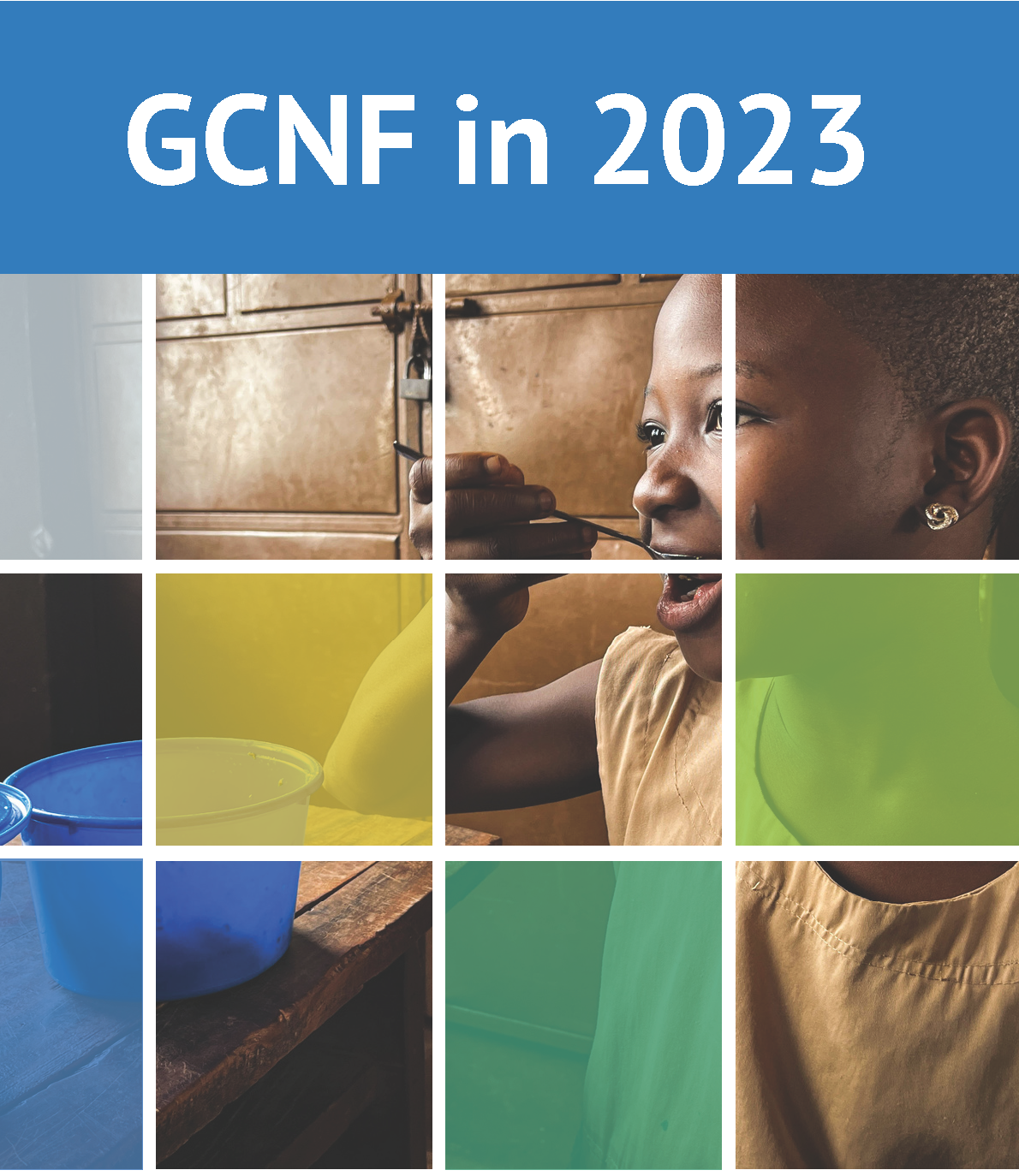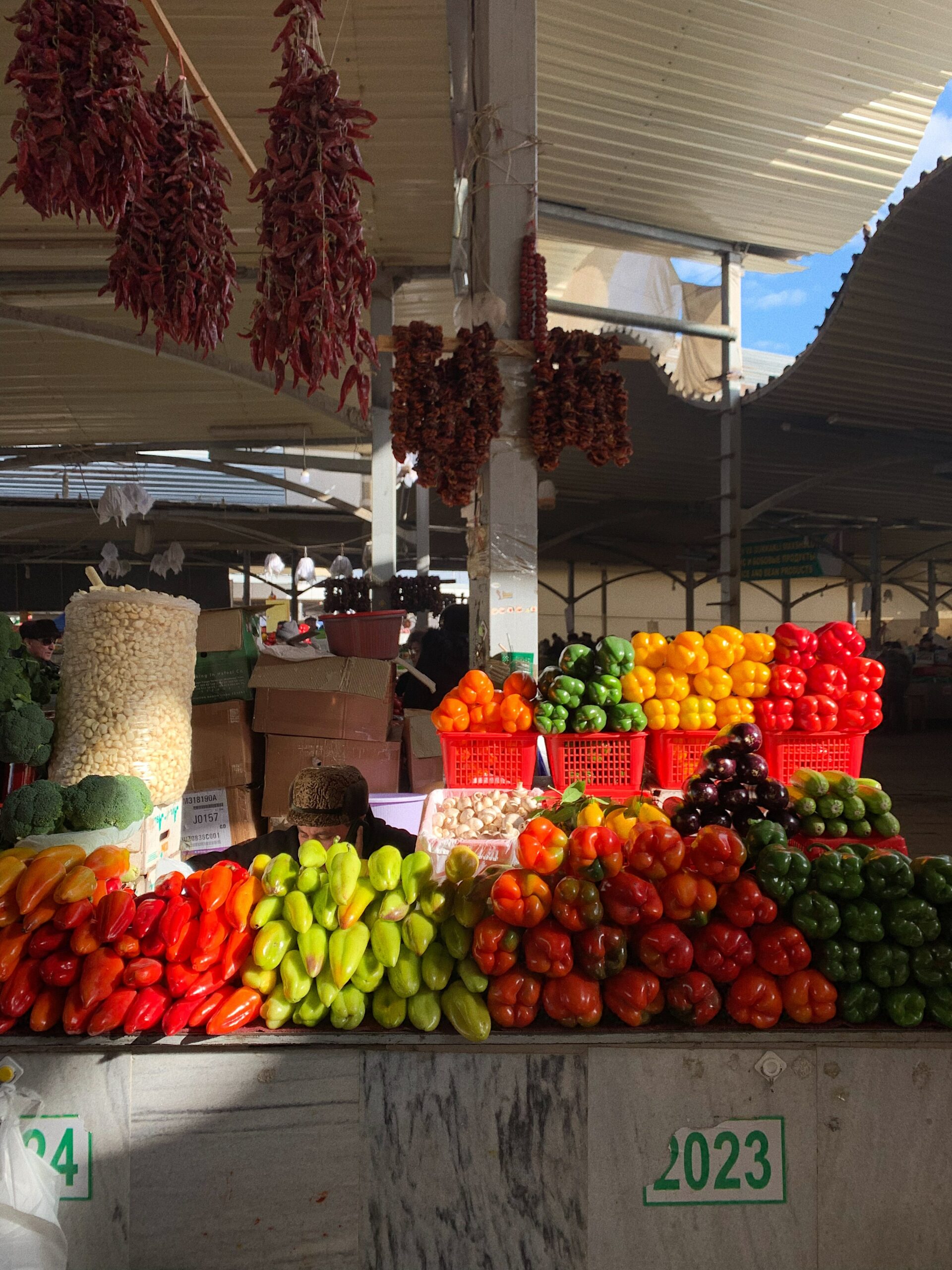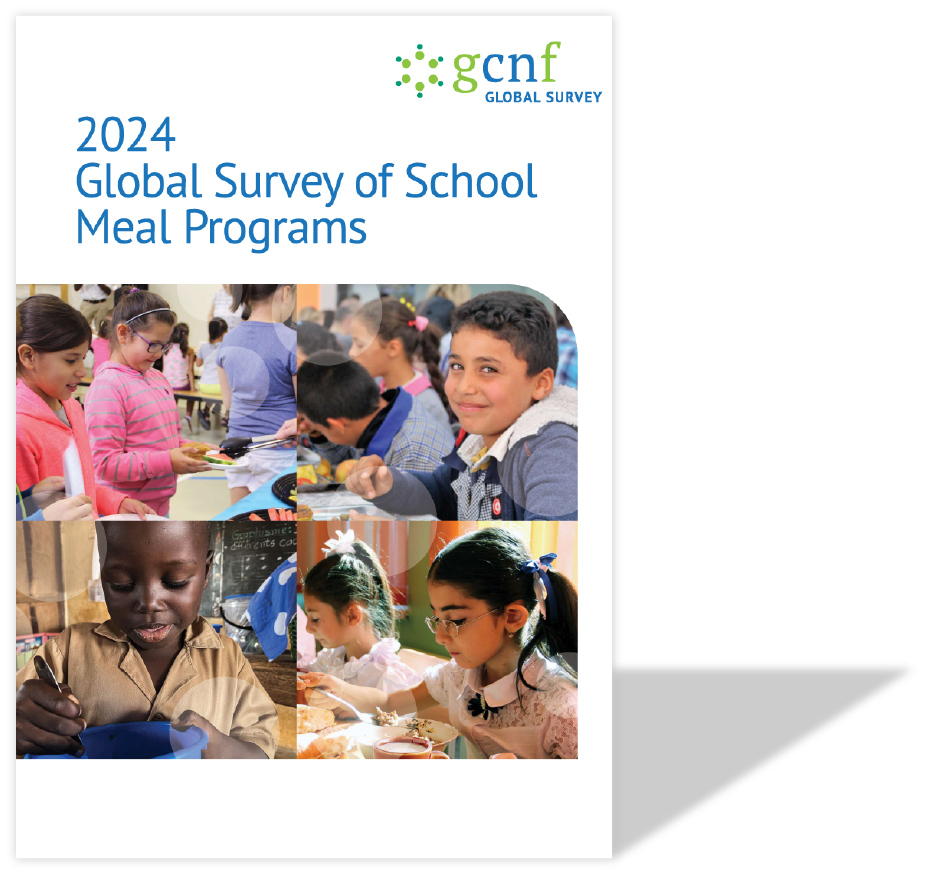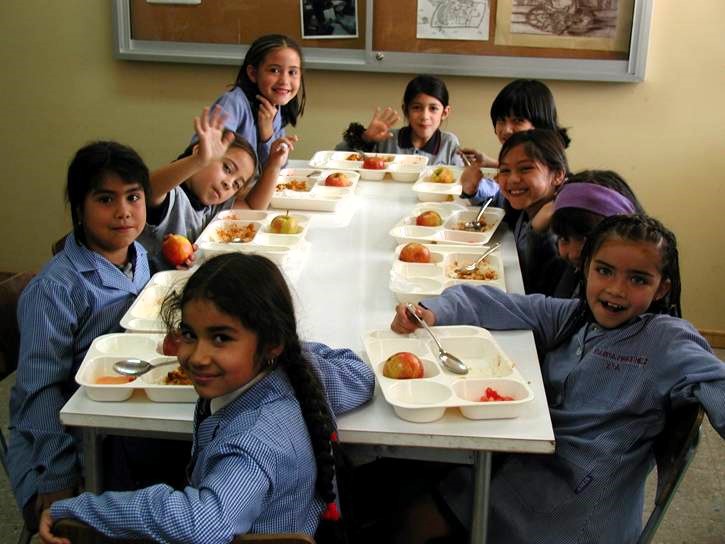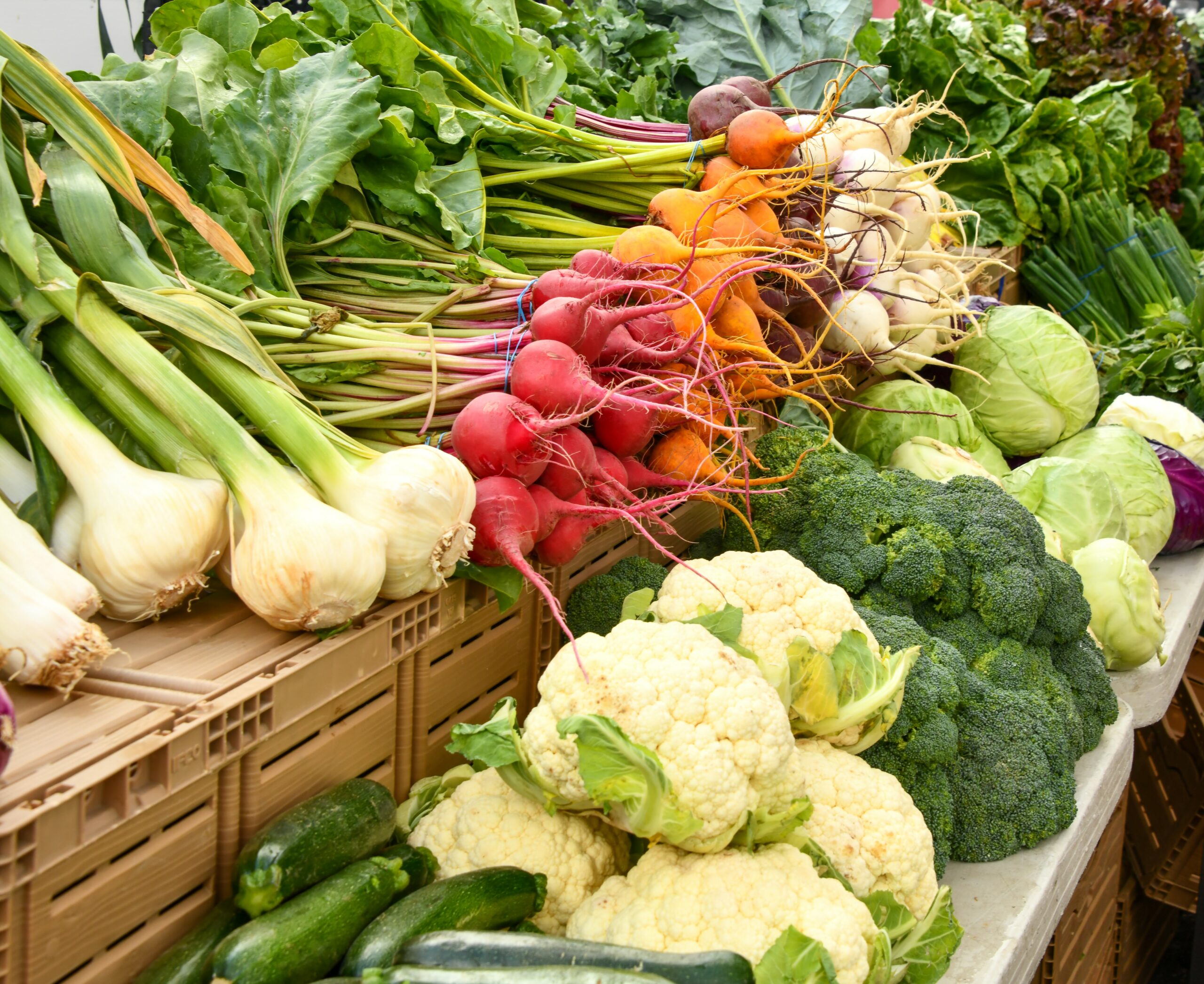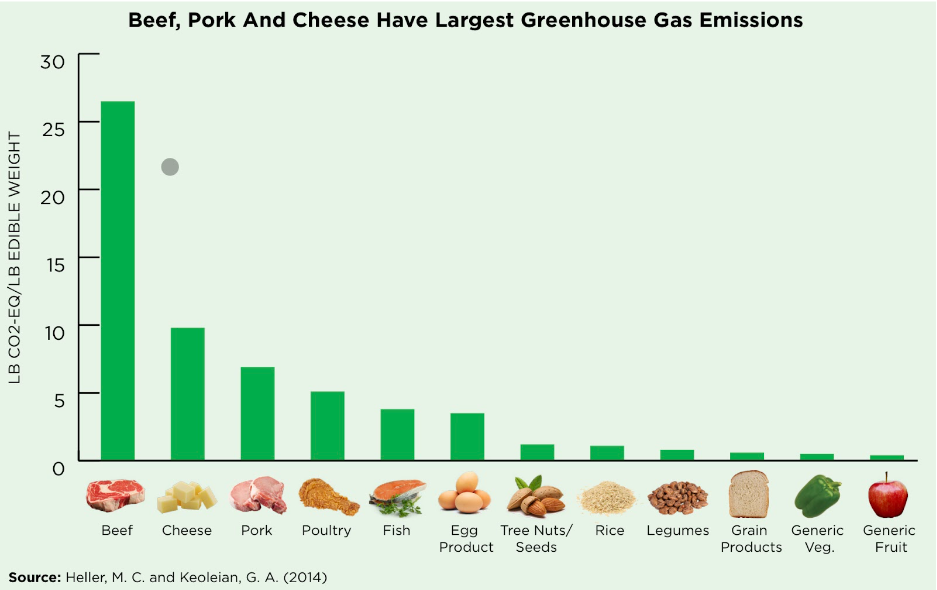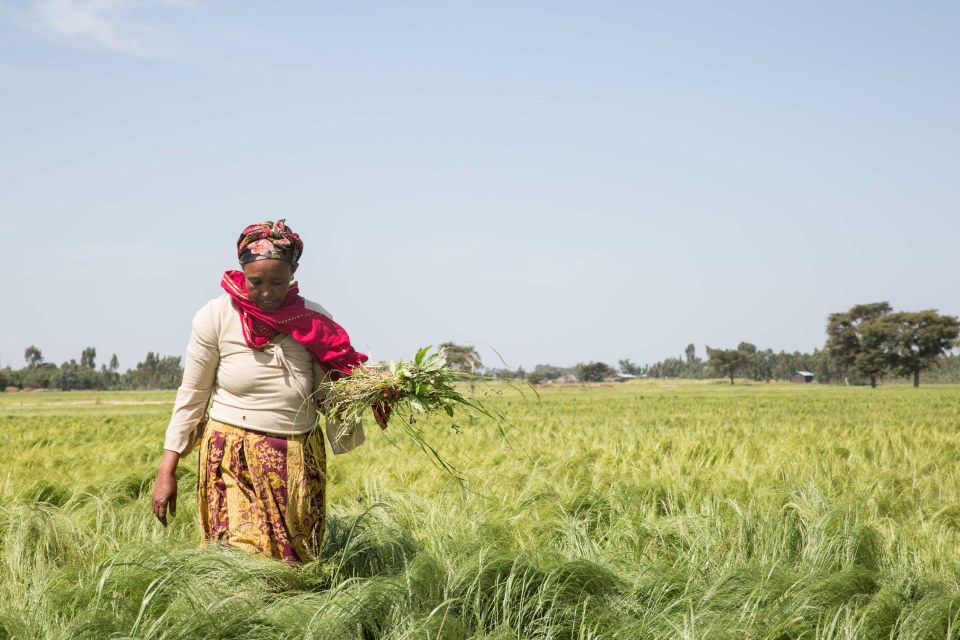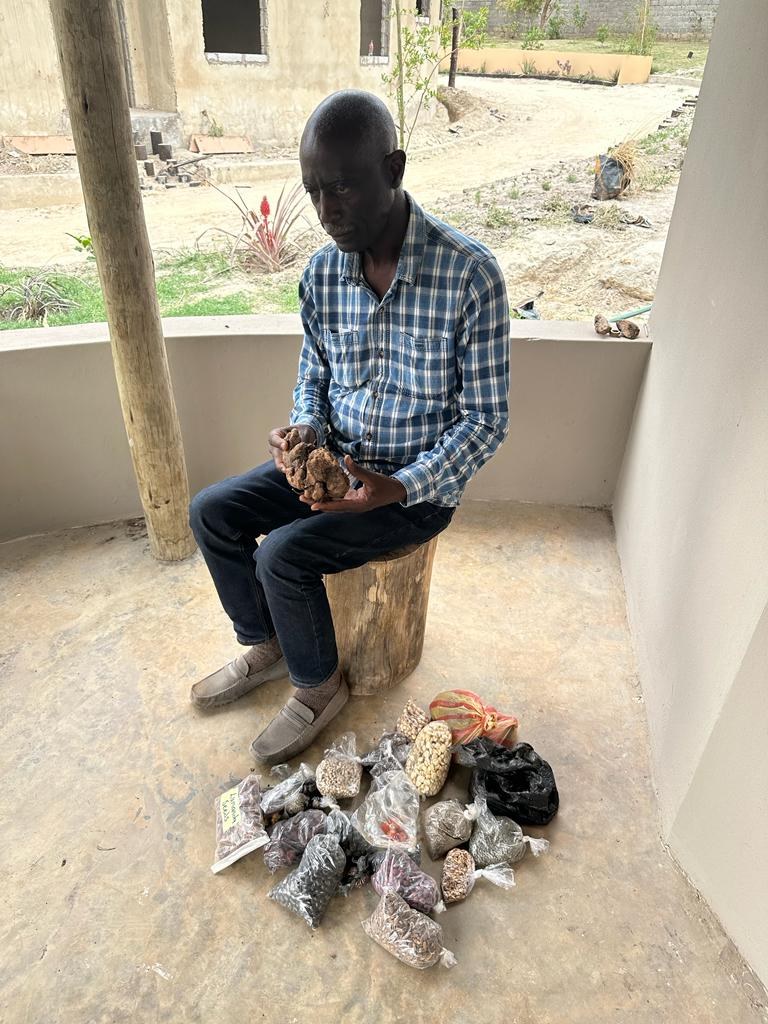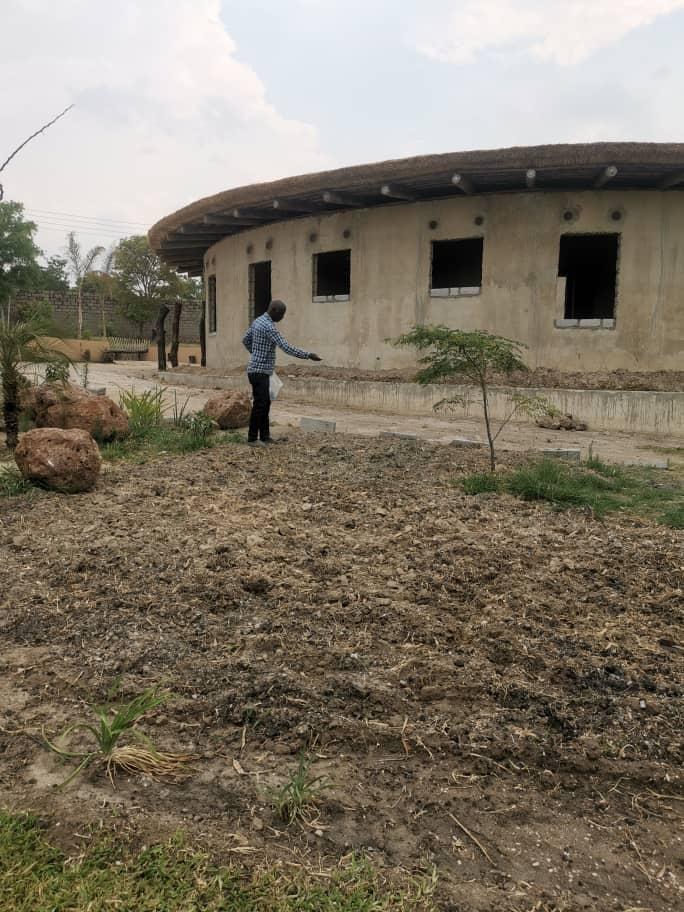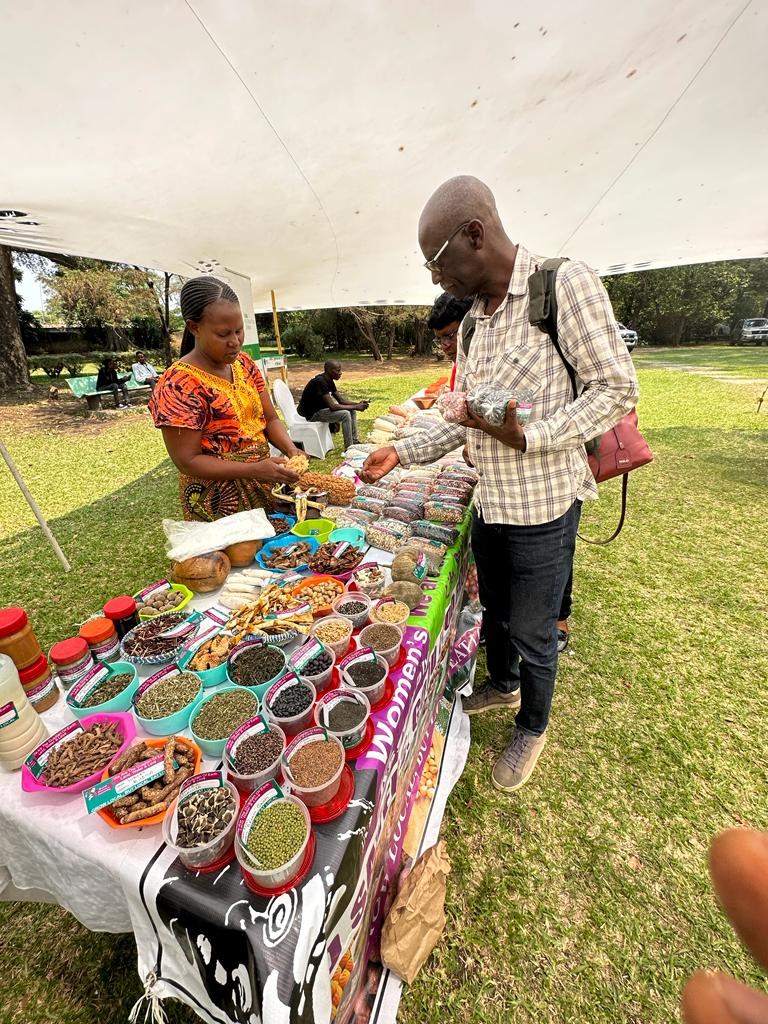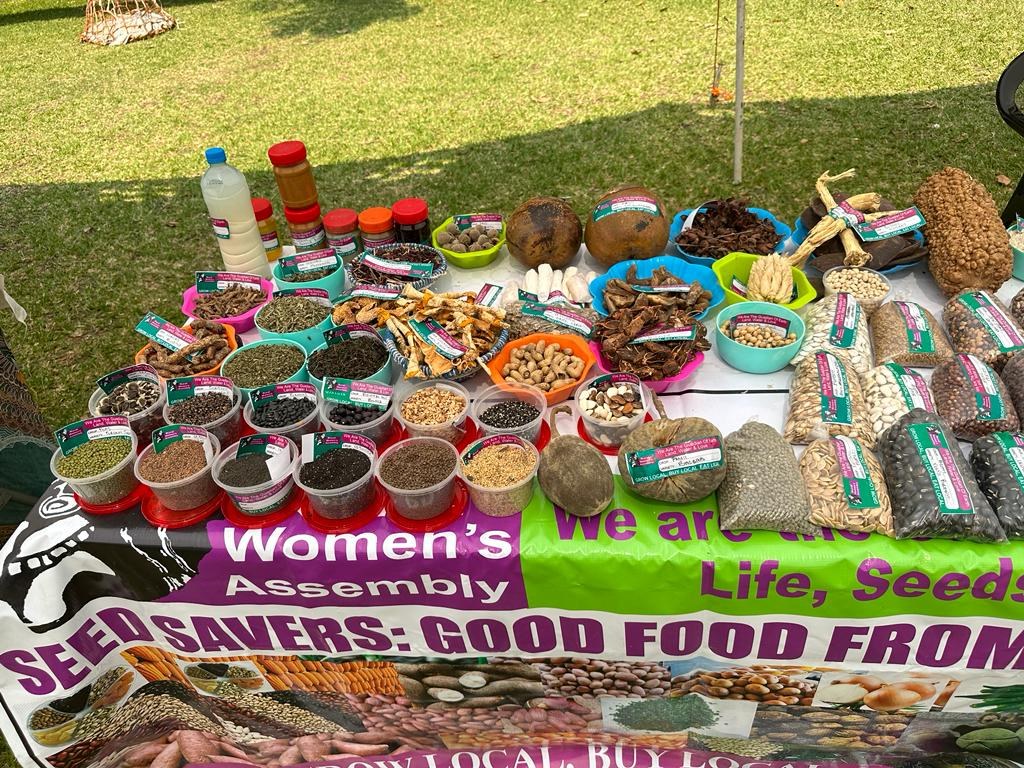GCNF wishes everyone a Happy New Year and we look forward to continuing to support the world’s children to have the nutrition they need to learn and to thrive in 2024!
Continue readingFree meals for primary school students will be introduced in all schools in Uzbekistan
Uzbekistan has made commitments to the well-being of students through national guidelines and free meals for all primary school students.
Continue readingPRESS RELEASE: 2024 Global Survey Aims to Enhance School Meal Programs Worldwide
GCNF is pleased to announce the launch of the third round of data collection for the Global Survey of School Meal Programs.
Continue readingCountry Spotlight: Chile
Chile is tackling overnutrition vigorously, and others are paying attention. Read about how the Chile school meal program plays a part.
Continue readingAugust Newsletter
Read the August Newsletter from GCNF.
Continue readingCombating Food Insecurity and Promoting Sustainability: School Feeding in Namibia
School feeding programs in Namibia aim to address the challenges of food insecurity and malnutrition among children. These programs provide nutritious meals to students, ensuring they have the energy and nutrients they need to learn and grow.
Continue readingJuly Newsletter
A spotlight on school feeding in Lithuania, an announcement about the 2023 Forum, and diving deeper into school meals and climate change.
Continue readingCountry Spotlight: Lithuania
While some countries have a single school meal program that addresses the needs of one identified population, in Lithuania, during the 2020-2021 school year, three different programs took place, reaching over 317,000 pre-, primary, and secondary school students.
Continue readingJune Newsletter
See the June newsletter from GCNF.
Continue reading
